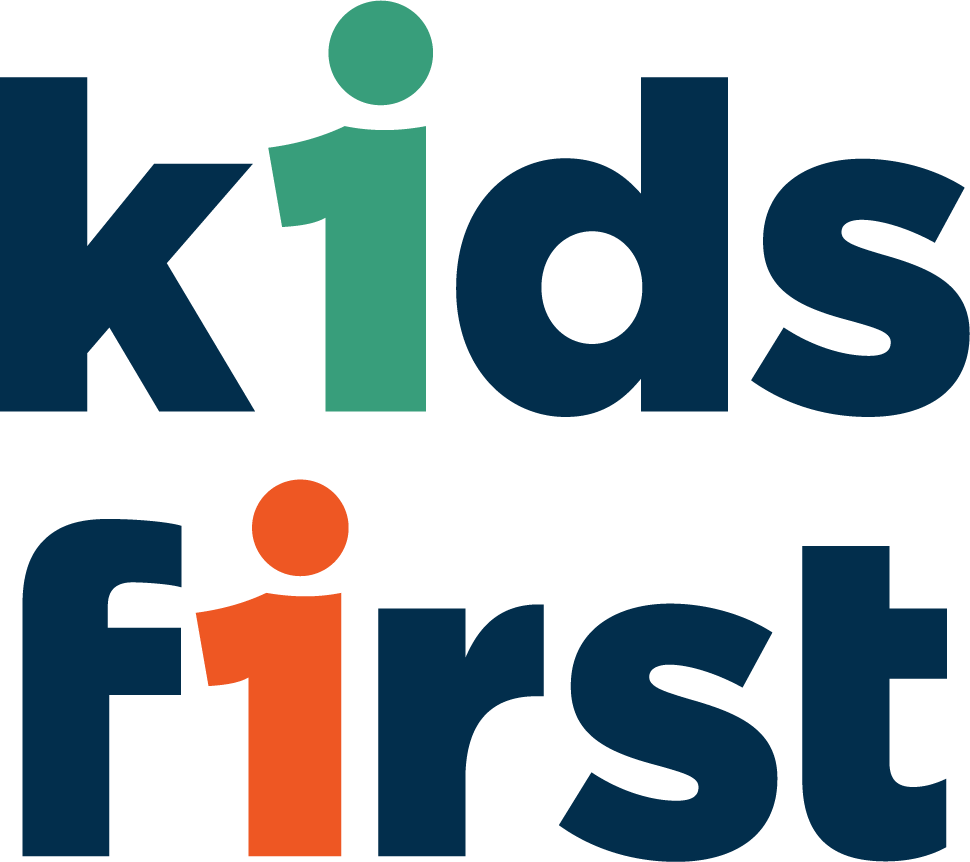Deciding if Fostering a Child is for You
Have you been thinking about becoming a foster parent? You no doubt have numerous fears and logical concerns. The best first step you can take is to attend the training classes, then take stock of your skills and limitations to help you decide if fostering a child is for you.
Questions to ask yourself about fostering a child
Collect as much information as you can from a trusted foster care agency and then ask yourself the following questions.
Do you have a strong network of family and/or friends?
This is critical because fostering a child can sometimes become very stressful. It helps to have someone who will listen to you when you need to share your frustrations. If you decide to go ahead with your plans, make a point of participating in support groups. If there isn’t one in your area, consider starting your own with other foster parents.Are you a patient person?
Are you able to give continuously and seldom get anything in return, except for the fact that you are helping a family?What are you expecting?
Many people take part in foster care believing they are saving a vulnerable child from a parent who is abusive. These foster parents believe the child will be thankful and happy to be out of their home situation. This is very seldom the case. The child only knows abuse so to the child the situation is normal. You can expect that he or she will most likely be unhappy about being in any home other than their own. What are you expecting? High expectations can contribute to your failure!Are you ready and capable of dealing with what the children might bring on you and not take it personally?
Some kids in care have been neglected, or abused physically, mentally, sexually or emotionally. They can be angry, sad and resentful and take it out on their foster parents. Dealing with what the children might bring on you can be harder than it seems, particularly when you are being cussed at or kicked.Can you say goodbye?
Foster care is a temporary arrangement because someday the children will move on. Don’t fool yourself into believing otherwise, you and your family will become attached to this child which is a good thing for both you and the child. Goodbye doesn't need to mean forever. sometimes a relationship with your foster children will often stay intact after a transfer.
How do your children feel about foster care?
Your children will have to share, room, toys, and parents. Being part of a foster family is a great sacrifice for them. Ask your children how they feel and listen! Also, keep in mind that your child may learn or pick up both the good and the bad of whatever the foster child knows.What ages of children can you parent right now?
Where would another child fit into your family? Think about the ages of your own children and consider the sex of the child. What behavior do you feel you can or cannot manage at this time? These choices are all yours as a foster parent.
Lastly, do you have a lot of love to give?
Are you willing to give a child their first birthday party, or decorate a Christmas tree? Help the child see that a family is a wonderful place to grow up. Be an exceptional role model of healthy family relationships and give the child a chance to heal and grow. Fostering a child is an amazing experience and a big responsibility. Contact us at Kids First if you can say “yes” to the majority of these questions. You stand a first-class chance of being fantastic foster parents. We would love to hear from you.
Deciding if Fostering a Child is Right for You - Kids First, Inc. - Fort Worth, TX


